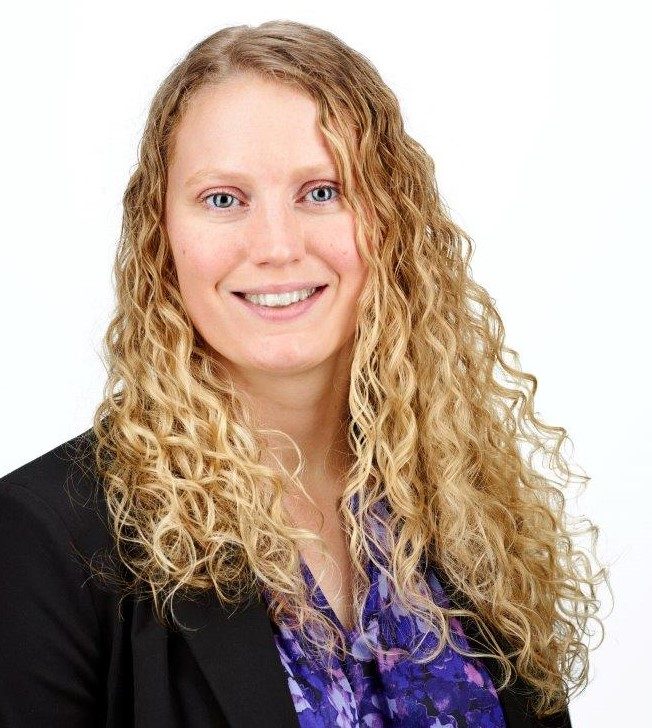This article by Manar Morales, President & CEO of the Diversity & Flexibility Alliance, was written for the Accounting & Financial Women’s Alliance. Manar is honored to be speaking on “Mindset, Confidence & Grit: Positive Change for Positive Results” at the AFWA’s “Women Who Count Conference” at 2:15 pm on Saturday, October 28 at the Westin Alexandria, VA. Contact the AFWA for more information on registering.
You have a top-notch degree. You’re smart. You’re a hard worker. You know where you want your career to go. But do you have the right mindset to succeed professionally in your organization? Do you have enough confidence in your skills to earn respect and a path to leadership? Do you have the grit and resiliency to overcome barriers?
Many of us are competent, but we lack the true confidence to excel. In fact, research shows that of the thousands of thoughts that run through our minds each day, up to 80% of them are negative. We have to train ourselves to have a positive mindset and fight off the negative thoughts. We also have to learn to stay true to ourselves and not allow other’s opinions and perceptions to influence our goals. By learning how to develop the right mindset, build confidence and maintain grit, we can acquire the traits needed to face difficult situations and grow professionally and personally. It’s so important to learn these skills that can affect all aspects of career development from performance to networking to self-advocacy, and beyond.
So many of the critical steps in career development depend upon your mindset, confidence and grit. When you are defining your success and mapping out your ideal path, it’s essential that you are confident you can reach your goals. It’s critical that these goals include what success looks like to you in the three main areas of your life: home, career and world. I like to call it a “360 approach to life” and it should outline what makes you happy and how you will create significance in these three areas.
When considering what makes you unique and qualified for the next step in your career you have to own your value and be able to advocate for yourself. Additionally, when obstacles do arise in your career path, you must apply a growth mindset and see the challenges as temporary setbacks and potential opportunities for growth. Remember, the only way to create a strong reputation is to believe in yourself and perceive yourself as you’d like others to perceive you. Finally, in most professions, networks, advisors, mentors and sponsors are essential to career success and these individuals can only be supportive if you are confident in your own skills and project that confidence to others.
Whether you’re new to the profession or a seasoned employee, there’s always room to evaluate where you are and where you want to be. Do you need help harnessing your confidence, mindset and grit? Ask yourself these questions:
1 Do my positive thoughts outweigh my negative thoughts?
2. Is there a gap between my thoughts and my actions?
3. Am I being truly authentic (to myself and my goals)?
4. Do I have a growth mindset?
5. Do I take criticism personally?
6. What does success look like for me?
7. Does my vision set me up for happiness in all areas of my life?
8. Are other people’s opinions influencing my goals too much?
9. Do I truly believe in my strengths and abilities?
10. Do I take risks in my career?
11. Am I surrounding myself with positive and supportive peers and co-workers?
12. Am I taking care of myself (nutritionally, physically and emotionally)?
Join Manar on October 28 at the AFWA “Women Who Count” conference to learn how to harness your confidence, mindset and grit.
 Diversity & Flexibility Alliance: How have you made flexibility a priority and a success through your schedule?
Diversity & Flexibility Alliance: How have you made flexibility a priority and a success through your schedule? 